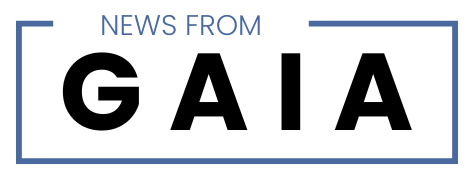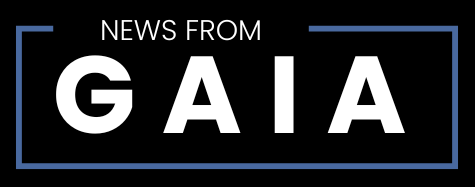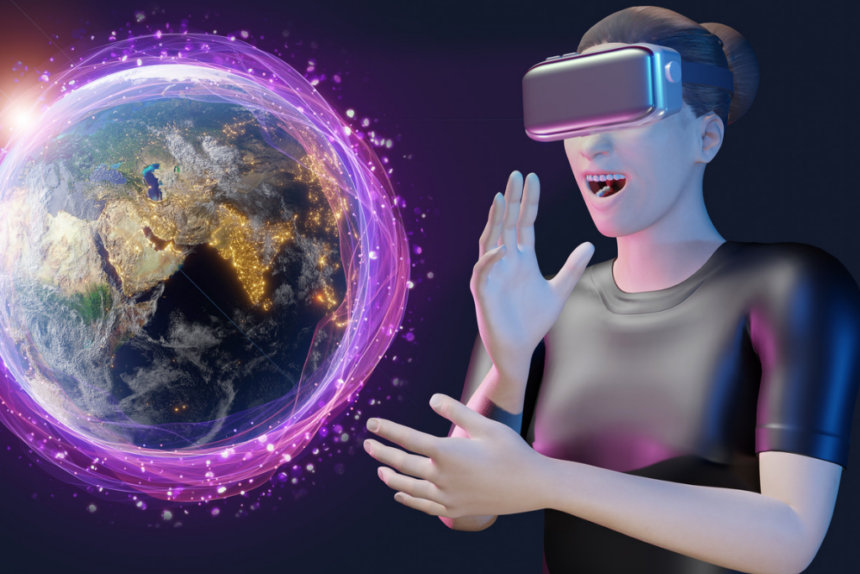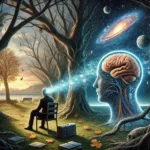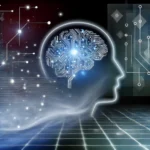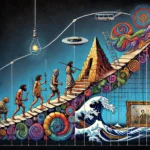In recent years, Gaia has witnessed an economic revolution driven by digitalization. From the irruption of cryptocurrencies to the rise of the metaverse, new technologies are reshaping traditional structures. However, this transformation is fraught with uncertainties, risks, and opportunities. How will these emerging trends affect Gaian societies? Are current systems prepared for this radical change?
The success of these transformations depends on how their risks are addressed.
Cryptocurrencies: The decentralization of the economy
Cryptocurrencies, led by Bitcoin and Ethereum, were born as a decentralized alternative to the traditional financial system. These digital currencies allow transactions without intermediaries, reducing costs and eliminating geographical barriers. However, their impact has generated both enthusiasm and controversy.
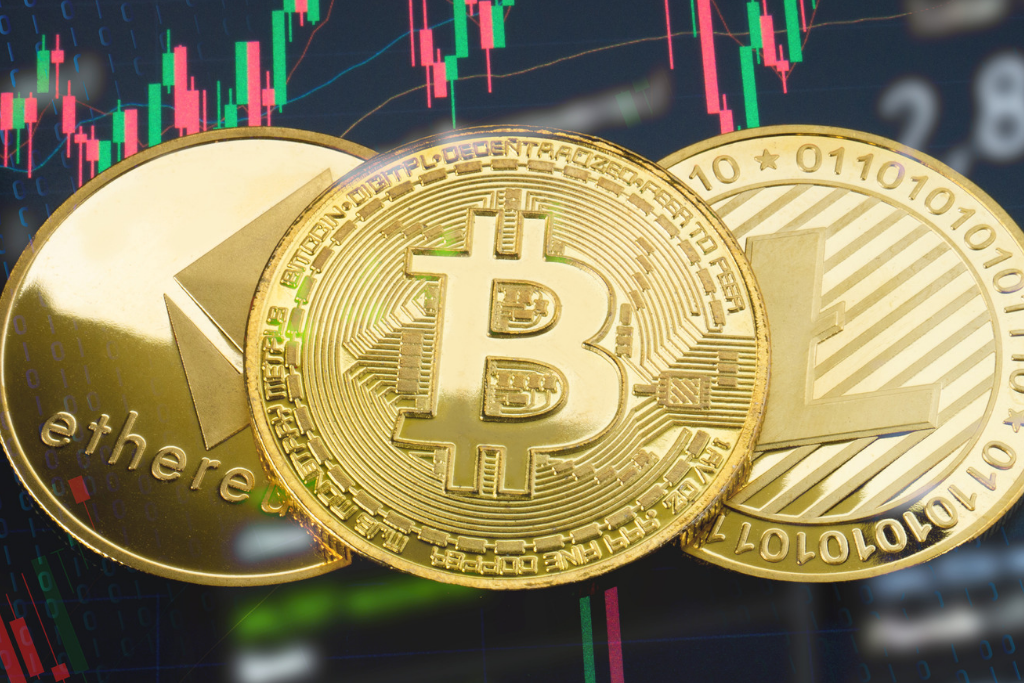
Advantages:
- Financial inclusion:
Cryptocurrencies allow unbanked people to participate in the global economy.
- Security and transparency:
Thanks to blockchain technology, transactions are verifiable and secure.
- Technological innovation:
The digital economy has spawned an ecosystem of projects, ranging from smart contracts to decentralized finance (DeFi).
Risks:
- Extreme volatility:
The values of cryptocurrencies fluctuate drastically, making them a high-risk investment.
- Unlawful use:
Anonymous transactions have facilitated activities such as money laundering and the financing of crimes.
- Environmental impact:
Cryptocurrency mining consumes large amounts of energy, contributing to climate change.
The regulatory dilemma:
Gaian governments face the challenge of regulating cryptocurrencies without stifling innovation. Some countries have banned them, while others, such as El Salvador, have adopted them as legal tender. This regulatory patchwork reflects the tensions between the promise of economic freedom and state control.
The Metaverse: The Virtual Economy Takes Shape
The metaverse, an immersive digital space where people can interact, work and play, has captured the imagination of millions. Companies like Meta (formerly Facebook) and Microsoft are investing billions to build this new virtual environment. But what does this mean for the Gaia economy?
Opportunities:
- New forms of employment:
From designers of virtual worlds to traders of digital goods, the metaverse could generate millions of jobs.
- Global markets:
The metaverse removes physical barriers, allowing anyone to participate in a truly global economy.
- Unlimited creativity:
Users can create and market unique digital goods, such as NFT art, virtual clothing, and digital properties.
Challenges:
- Digital inequality:
Only those with access to advanced technology will be able to participate fully in the metaverse, deepening economic divides.
- Privacy and control:
Companies that manage the metaverse could amass enormous amounts of personal data, consolidating unprecedented economic power.
- Regulatory confusion:
The lack of clear laws to regulate digital transactions and properties could give rise to complex legal disputes.
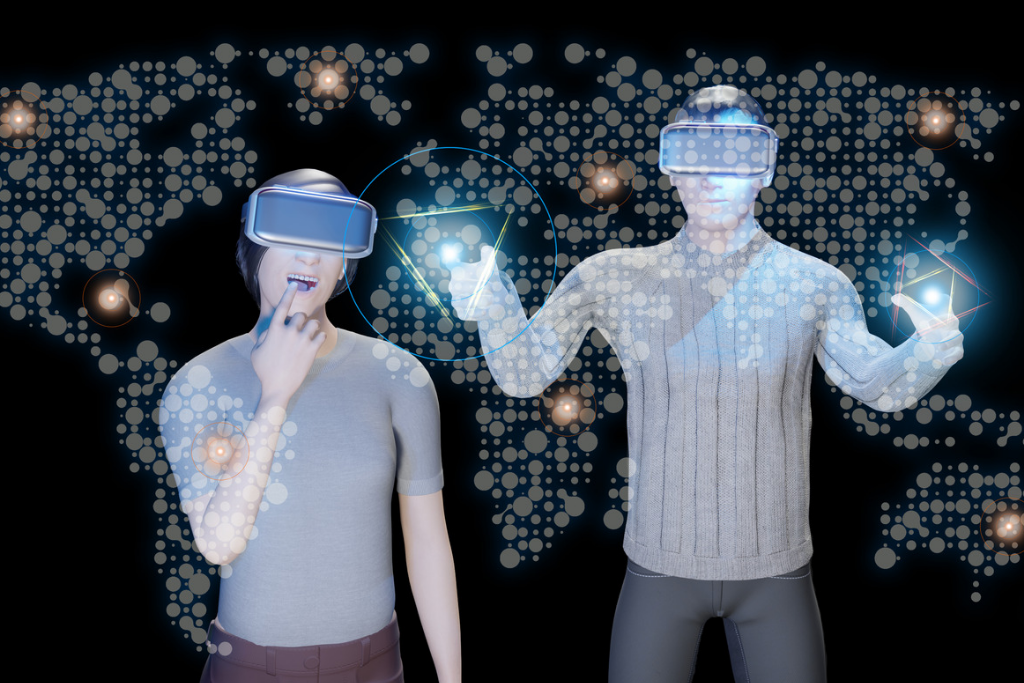
Impact on traditional structures
Challenges for financial systems:
Traditional banks are losing ground to fintech and cryptocurrencies. While some are embracing these technologies, others fear they will be replaced altogether.
Changes in the labor market:
Automation and digitalization are transforming traditional jobs. Professions such as mining or physical commerce could disappear, while others related to programming, digital design and management of virtual communities emerge.
New forms of inequality:
The gap between those who understand and take advantage of these technologies and those who do not could become one of the greatest sources of inequality in Gaia.
From Ekuria: Lessons for Gaia
In Ekuria, our civilizations also faced the transition to digital economies. We learned that the success of these transformations depended on how their risks were addressed:
The potential of the digital economy is enormous, but the time to act responsibly is limited
- Inclusive and ethical regulation:
Gaia governments should work together to establish regulatory frameworks that protect users without stifling innovation.
- Mass education:
Digital literacy must be a priority. It is essential that Gaians understand how cryptocurrencies, blockchain and the metaverse work.
- Privacy protection:
In an increasingly digital world, ensuring that personal data is not exploited is crucial.
- Promoting sustainability:
Digital technologies should be developed in a way that minimizes their environmental impact.
An uncertain but promising future
The road to Gaia’s digital economy is full of challenges, but also unprecedented opportunities. If Gaians manage to overcome the tensions between innovation and regulation, and if they prioritize equity and sustainability, they could build a more inclusive and resilient economic system.
From my perspective as an Ekurian, I watch with fascination as Gaians navigate this transition. The potential of the digital economy is enormous, but the time to act responsibly is limited. Will this transformation be a force for the common good, or will it end up amplifying the inequalities and tensions that already divide this world? Only time and the decisions of Gaians themselves will tell.
